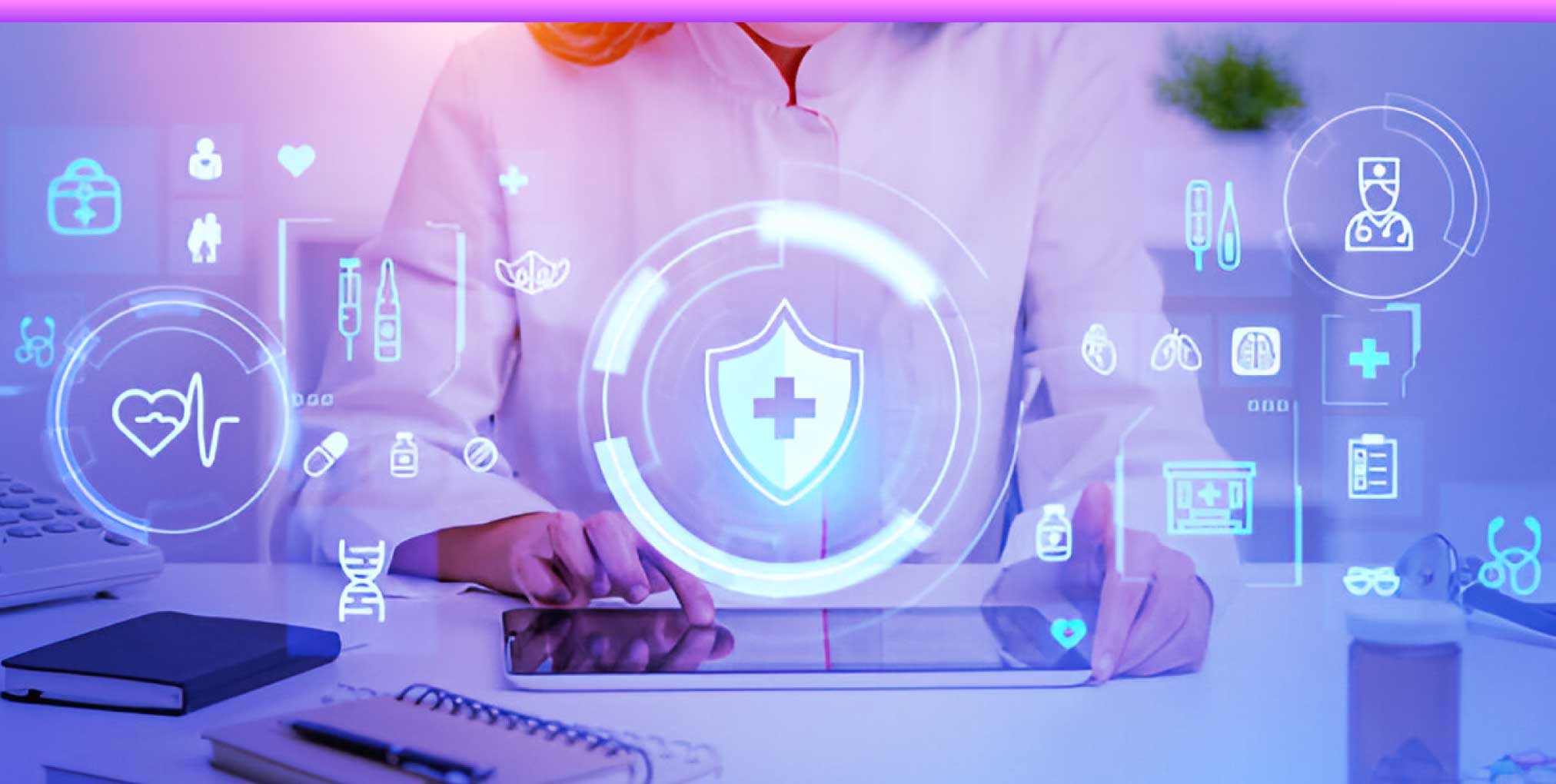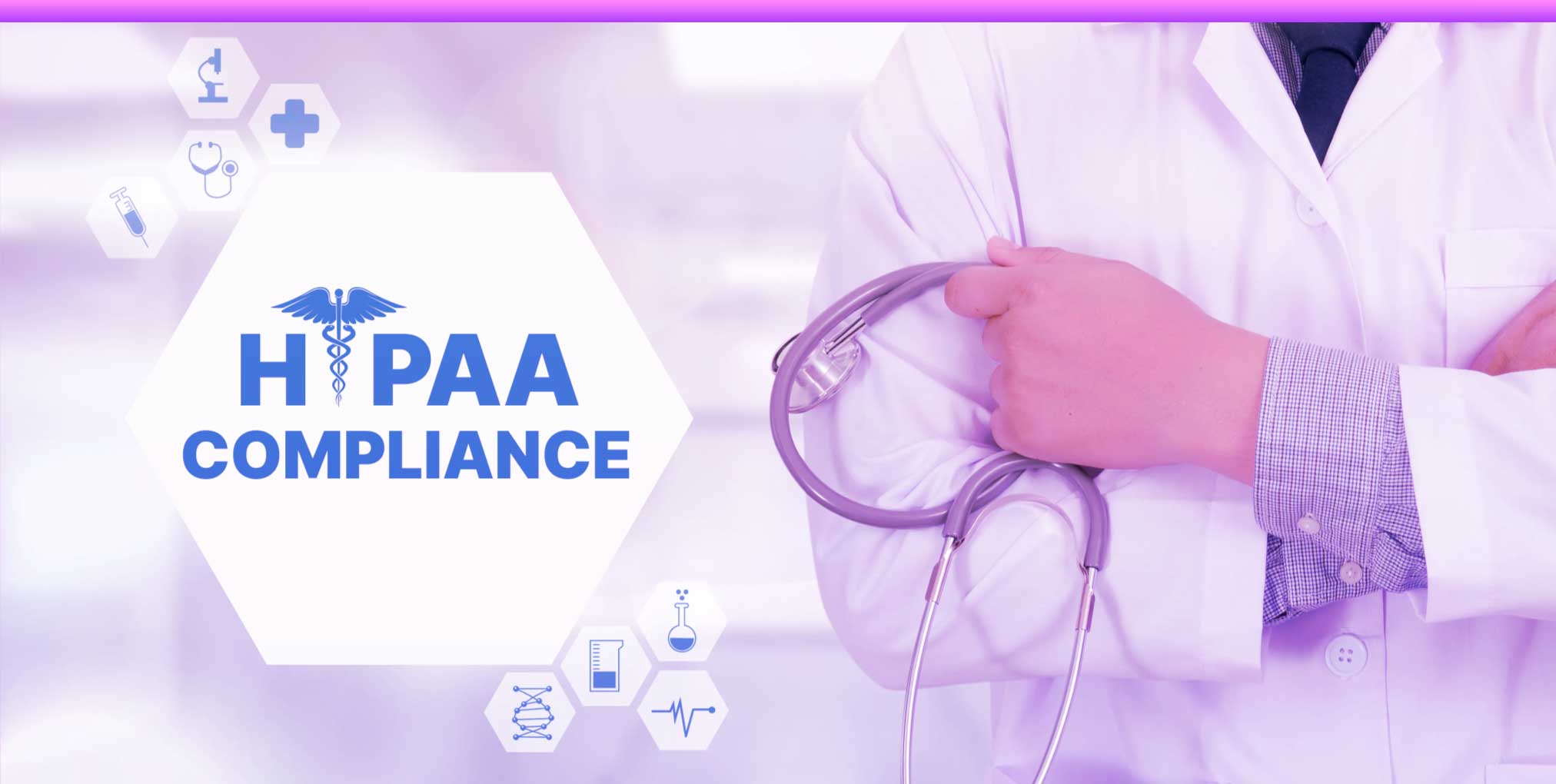

May 29, 2023
How to create effective software for medical professionals?
It is essential to understand that Healthcare Software Design requires thoughtful consideration of user experience, technical constraints, and regulatory compliance. We’ll discuss why this type of design is important, what principles should be followed when creating healthcare software solutions, and some powerful tools available today for designing such applications.
The Purpose Of Healthcare Software Design
Healthcare software design is essential for Healthcare Software Developers to utilize in order to create effective and efficient healthcare information systems. Healthcare software design involves organizing data and designing user interfaces with techniques such as flowcharts, pseudocode, leading to the creation of a fully functional system that meets the needs of organizations within the healthcare industry.
Healthcare Software Designers take into account demands for customized applications, cost-effectiveness and security considerations when developing new applications. Healthcare Software Design should prioritize ease of use for both patients and medical personnel alike. The continued evolution of Healthcare Software Design will be key in producing streamlined applications which enable more successful outcomes.
What Is User-Centered Medical Healthcare?
User-Centred Healthcare, or UHC for short, is a holistic approach to the design of healthcare software with one central focus — the user. UHC emphasizes putting the patient experience at the forefront of any modern healthcare software design by understanding the needs and challenges of users as they interact with a product. Healthcare Software Developers, then, must demonstrate empathy towards patients; actively involving them in testing and refining products, as well as user research insights such as recordings of user interviews, survey data and analytics into their designs.
Doing so allows better decisions to be made when it comes to creating UX solutions that take into account body ergonomics, visual appeal and navigation usability across all devices. With a User-Centred Healthcare approach, Healthcare Software Developers can now create more meaningful experiences that will drive digital transformation within the industry.
Benefits For Medical Professionals
Healthcare software design can empower medical professionals to create patient-centred solutions to address the needs of their patients. Healthcare software developers can build effective and user-friendly applications that allow doctors to manage medical records, access healthcare data, streamline administrative tasks, and more. By understanding user preferences when creating healthcare software, medical professionals can better understand how technology solutions can be used to tailor solutions for specific goals of individual patients.
Healthcare technology is a powerful tool for reducing administrative costs associated with providing care, as well as for improving outcomes due to improved communication among care providers. Healthcare software has tremendous potential for creating meaningful change in the way individuals access and receive healthcare services, making it an invaluable tool for both medical professionals and the people they serve.
Benefits For Patients
Healthcare software design and development with a user-centred approach is beneficial to patients, aligning healthcare needs with the goals of the Healthcare Software Developer. This ensures that the patient’s needs remain at the forefront of the project and that their experience with their healthcare system is positive and successful. Healthcare software designed around user-needs puts the person first with a focus on personalization of service offerings while also considering quality, process optimization, simplicity, and efficiency. User-centred Healthcare gives patients access to better care as developers have a better understanding of how users interact with medical systems and develop applications more suited for them.
Principles Of Healthcare Software Design
A. Ease Of Use And Accessibility
Healthcare software development should always have the user experience in mind. Healthcare software developers must consider principles such as ease of use and accessibility to ensure that end-users are able to access and utilize their healthcare data in a smooth, efficient way. Careful consideration of task flow, button placement, navigation design, and much more can help health professionals reduce frustration and eliminate barriers between them and their powerful healthcare software tools. By continuously striving for a user-centred design that accounts for usability and accessibility, Healthcare Software Designers will create health care tools that truly revolutionize today’s ever-changing healthcare landscape.
B. Navigation And Usability
Healthcare Software Design involves the implementation of a number of principles to effectively ensure that the software meets user needs. Healthcare Software Developers must pay special attention to navigation and usability during the design process. Navigation is essential for users to easily access different modules, functions, and contents within the Healthcare Software; making it possible for Healthcare Providers to efficiently complete their tasks with minimal effort. Usability, on the other hand, relates to how intuitive and smooth the Healthcare Software is when interacted with. By setting up strict guidelines of navigation and usability during Healthcare Software Design, Healthcare Providers can benefit from easy-to-use tools that streamline their activities and ultimately result in superior patient care.

C. Interoperability And Security
Healthcare software developers must keep in mind two of the most important principles when designing a healthcare system: interoperability and security. Interoperability is the ability for different systems to connect and exchange data, while security involves strict measures to control access to sensitive information. Healthcare software developers must consider how different systems need to interact with each other while keeping patients’ data safe from unauthorized access. Whether it’s an app or a hospital system, Healthcare Software Design should prioritize these two concepts in order to ensure that patient information stays secure and up-to-date at all times.
Tools For Medical Healthcare Software Development
A. Research Tools And Data Collection Techniques
Healthcare software development requires reliable and secure tools for researching, designing, building, and testing software for medical institutions. Healthcare software developers are tasked with using numerous methods to collect data from patients and other stakeholders within the healthcare industry in order to understand their needs better prior to developing relevant solutions.
Healthcare research tools can assist developers in acquiring feedback from hospitals and physicians in the form of surveys or request-for-proposal systems. Furthermore, data collection techniques such as process modeling and analytics can provide insights into user experience by helping identify any gaps in service or care plans that need to be addressed. Overall, these tools and techniques are integral to software development since they can help give developers a complete picture of what is necessary during the design process.
B. Building Blocks Of UI/UX Design
Healthcare software developers that strive to create engaging products must have a robust understanding of UI/UX design. From leveraging the latest technologies to developing user-centric applications that meet stringent industry standards, modern development tools are essential in constructing a high-quality healthcare software product.
By having a good knowledge base of frameworks, coding libraries and UI/UX design techniques, Healthcare software developers can confidently create clinical systems with better user experiences and optimized patient outcomes. Healthcare Software Design is a complex process that requires advanced skillsets; however, by using top tools Healthcare software developers can deliver improved platforms for managing patient data and health information.
Healthcare software design has revolutionized the way medical professionals and patients interact. Healthcare software developers are in a position to make these interactions more efficient, intuitive, and user-friendly for everyone involved. By utilizing the latest technology, healthcare software development can improve patient outcomes, provide better data management systems, and build platforms with enhanced usability. Healthcare Software Design is an important part of modern medical care that should not be overlooked. Healthcare Software Developers play a critical role in creating products that help both medical professionals and patients alike receive the best possible care.
Xeven Solutions (Pvt) Ltd. Improve Patient Outcomes And Streamline Medical Operations
Xeven Solutions (Pvt) Ltd. is a leader in healthcare software design, offering comprehensive programming solutions for organizations of all sizes. Our staff of experienced healthcare software developers understands the value that efficient and secure medical software can bring to a business. We create tailored solutions designed to meet the specific needs of our clients. Whether it’s an appointment scheduling system or patient information management tool, Xeven Solutions (Pvt) Ltd. will work together with you to create the perfect product. Our commitment to excellence and customer satisfaction puts us in a class of our own.







